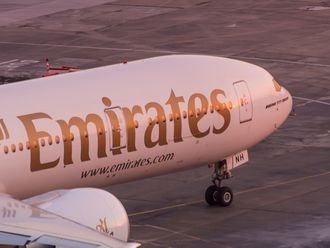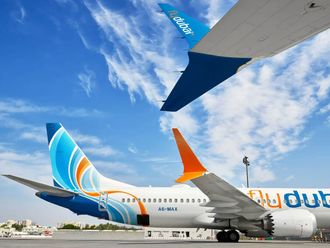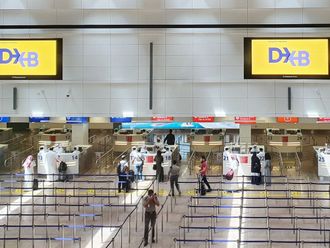Geneva: While the Middle East might be losing out on its oil revenue as oil price continues its slide, it’s not a reason to worry for the region’s carriers, Tony Tyler, the managing director and CEO of IATA (International Air Transport Association), told Gulf News in an interview in Geneva.
Gulf News: Oil revenue is declining in the Middle East. Do you see that as a challenge for the region’s carriers next year?
Tony Tyler: It is having a surprisingly small impact. The big Gulf carriers — the super connectors — are less dependent on pure Middle East revenues. The big hub carriers are carrying traffic from Europe to Australia, from Africa to China.
And the fact the oil price is down, is actually in many ways, helping the world economy. So overall, they seem to be quite resilient to that.
The impact on the smaller airlines, meanwhile, may be more significant. The instability in the region is likely to have a greater impact.
G.N.: Do you see the instability in the region hampering growth of the region’s airlines going forward?
T.T.: That’s certainly having an impact now. And some of the carriers seem to be getting affected.
G.N.: Do you see consolidation taking place in the Middle East aviation industry?
T.T.: No, I don’t see consolidation happening within the Middle East. I don’t personally think we will see consolidation being a major force in the region … what are the reasons for that, really [in the Middle East]. In Europe you see consolidation because you have got some weaker carriers either, sort of, been taken over or you’ve had the big carriers recognise that in an increasingly competitive world, they can be stronger together.
But I don’t think the industry is at that point in the Middle East region.












